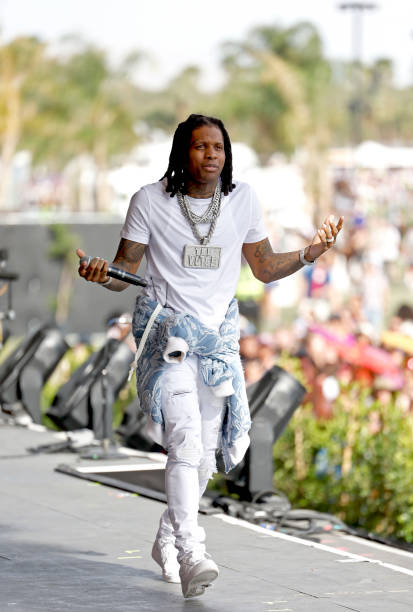“Safety First: Lil Durk Show Evacuated Amid False Active Shooter Report at United Center”
The recent evacuation of a Lil Durk concert at the United Center due to a false active shooter report highlights the paramount importance of public safety and emergency response protocols during large-scale events. This incident sheds light on the legal implications, responsibilities of event organizers, and the challenges in ensuring the security and well-being of attendees. This article delves into the details of the situation, analyzing the legal aspects and implications of such incidents within the context of event management and public safety.
The Lil Durk concert at the United Center was abruptly interrupted as reports emerged of an active shooter, triggering panic and a mass evacuation. Law enforcement and event security swiftly responded, evacuating attendees and ensuring their safety. Subsequent investigations confirmed that the report was false, emphasizing the need for effective emergency response strategies.

Event organizers have a legal duty to prioritize the safety of attendees. This includes implementing comprehensive security measures, conducting risk assessments, and developing emergency protocols to address potential threats, including active shooter scenarios. Failing to fulfill these obligations could lead to legal repercussions and liability for negligence.
The prompt and organized response to the false active shooter report exemplifies the importance of well-defined emergency response protocols. Event organizers must collaborate with law enforcement, security personnel, and local authorities to ensure a coordinated and effective response to emergent situations.
False reports of an active shooter can have far-reaching consequences beyond the immediate panic they incite. They strain law enforcement resources, disrupt public safety efforts, and potentially expose event organizers to legal challenges. Addressing false reports swiftly and efficiently is crucial to maintaining order and preventing unnecessary harm.
Event organizers owe a duty of care to attendees, which encompasses creating a safe environment, providing clear evacuation routes, and ensuring that security personnel are well-equipped to handle emergencies. This duty extends to foreseeing potential risks and taking reasonable steps to mitigate them.
In the aftermath of the incident, transparent communication is essential to manage public perception, maintain credibility, and rebuild trust. Providing accurate information to attendees and the public can help alleviate concerns and foster a sense of security.
While the false active shooter report led to an evacuation that averted potential harm, event organizers and security personnel could potentially face legal challenges if the evacuation was mishandled or if attendees were injured during the process. Legal proceedings could involve claims of negligence, inadequate security measures, or emotional distress.

The evacuation of the Lil Durk concert at the United Center due to a false active shooter report underscores the critical importance of effective emergency response, event management, and public safety. Event organizers play a vital role in ensuring attendees’ well-being and must uphold their legal obligations to provide a secure environment. As the incident highlights, the intersection of public safety, legal liability, and emergency response requires meticulous planning, coordination, and ongoing vigilance to uphold the rights and safety of event attendees.






